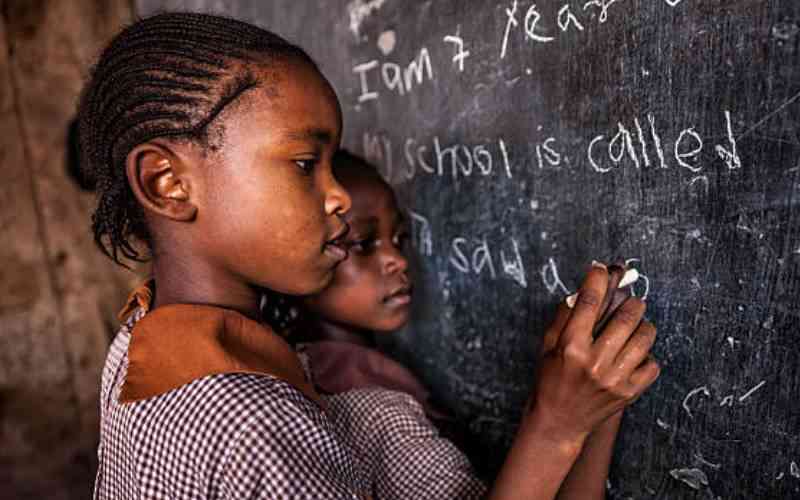×
The Standard e-Paper
Home To Bold Columnists

The positioning of the African Union Summit at the front of the calendar year serves well as a platform to sound the clarion call for the continent.
As delegates begin to trickle into Addis Ababa ahead of the Heads of State Summit that will take place between February 17 and 18, every African will be keen to see what they will prioritise and articulate at the end of it.